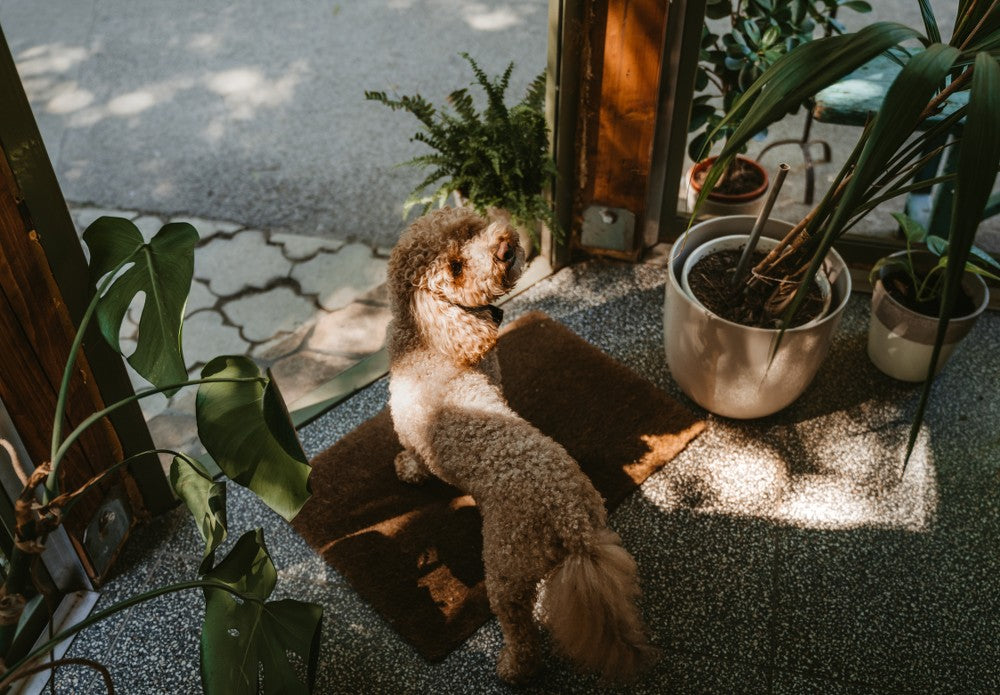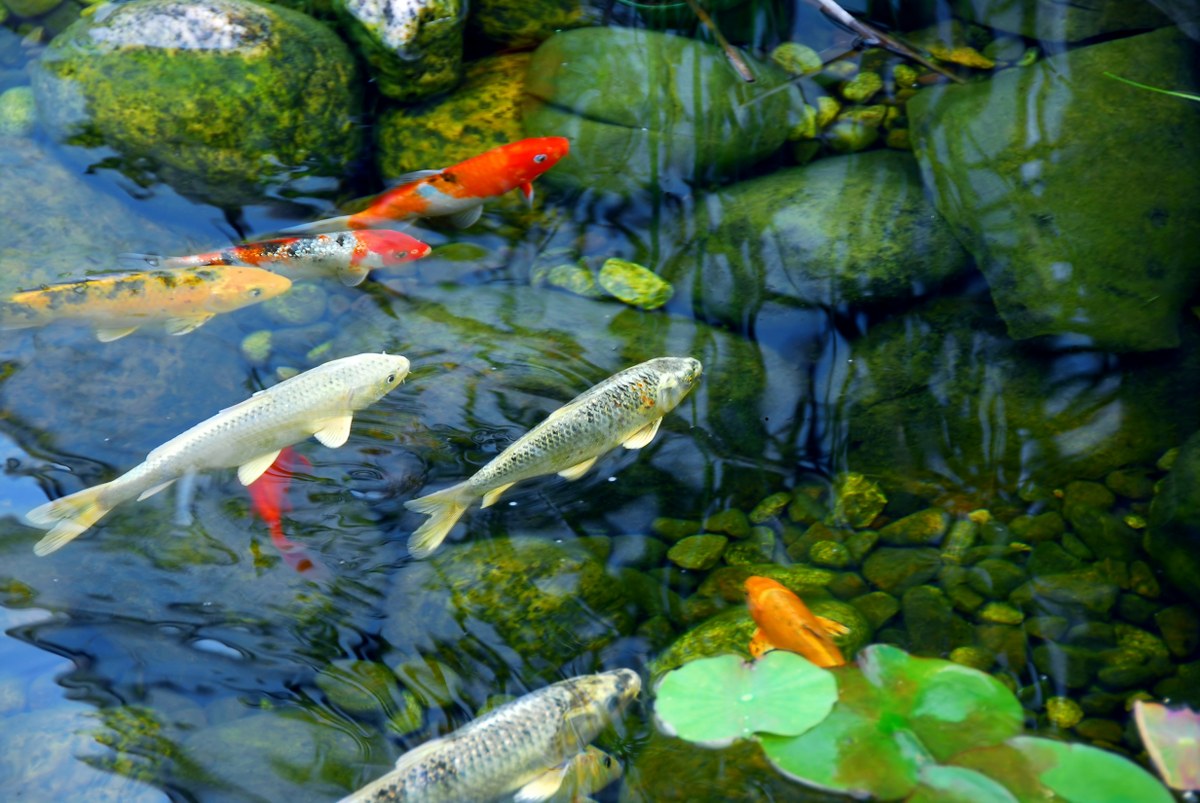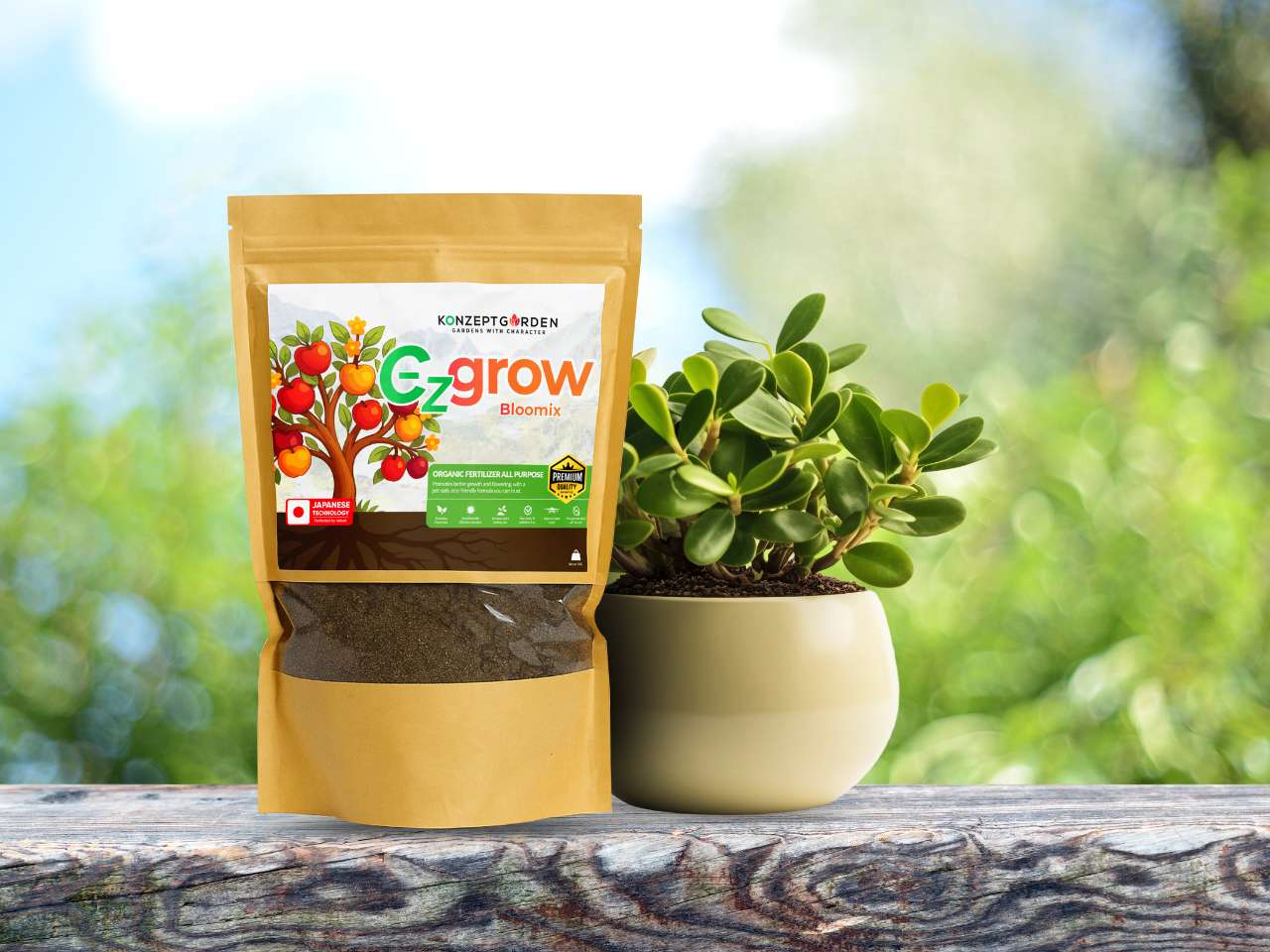Indoor plants not only beautify our living spaces but also improve air quality and create a calming environment. However, as pet owners, it’s essential to choose plants that are safe for our furry friends. Many common houseplants can be toxic to cats and dogs, causing symptoms like vomiting, drooling, or even more severe health issues if ingested. In this article, we’ll guide you through the top 10 pet-friendly indoor plants that you can enjoy worry-free, ensuring your home remains both stylish and safe for your pets.
What Makes a Plant Pet-Safe?
When selecting plants for a pet-friendly home, it's essential to consider their potential toxicity to animals. A pet-safe plant is one that, if ingested, does not contain harmful substances that could cause adverse reactions in pets like cats or dogs. Many popular houseplants contain toxins like saponins, alkaloids, or calcium oxalate crystals, which can lead to symptoms such as vomiting, diarrhea, drooling, or even more severe conditions like organ failure.
To identify pet-safe plants, it's crucial to consult trusted sources, such as the ASPCA’s list of toxic and non-toxic plants, or seek advice from veterinarians. Additionally, some plants can be irritating to pets' skin or eyes if touched. Knowing which plants to avoid and which ones are safe will help ensure that your pets can explore their environment without risk.
Common signs that a pet has ingested a toxic plant include vomiting, lethargy, lack of appetite, and changes in behavior. If you suspect your pet has consumed a dangerous plant, it's important to contact your vet immediately. By carefully selecting non-toxic plants, you can create a safe and harmonious environment for both your greenery and your beloved pets.
>> Read more: 11 Types of Indoor Plants and How To Care For Your Indoor Plant?

Benefits of Pet-Safe Indoor Plants
Choosing pet-safe indoor plants not only protects your furry companions but also offers a variety of benefits for your home and well-being. Here are some key advantages:
Enhances Home Aesthetics
Pet-safe indoor plants bring life, color, and vibrancy to your home without the worry of endangering your pets. Whether you prefer lush green foliage or vibrant flowering plants, you can still enjoy a beautiful, plant-filled space that is harmonious with your pets' needs.
Improves Air Quality
Many pet-safe plants, like the Spider Plant and Areca Palm, are known for their air-purifying properties. They help filter out harmful toxins from the air, reducing pollutants and creating a fresher, healthier indoor environment. This is especially beneficial for homes with pets, as clean air can help minimize allergens and pet dander.
Safe Environment for Pets
Pets are naturally curious and often chew on or explore new items in their environment, including plants. Having non-toxic, pet-safe plants ensures that even if your pet takes a nibble, they won’t suffer any harmful consequences. You can relax, knowing your indoor greenery won’t cause your pets to become ill.
Easy to Maintain
Most pet-friendly plants are low-maintenance and easy to care for, making them ideal for busy pet owners. They typically thrive with minimal attention, requiring only moderate watering and indirect sunlight, allowing you to keep both your pets and plants healthy without much hassle.
Creates a Calming Atmosphere
Indoor plants, pet-safe or otherwise, are known to create a serene and calming atmosphere, which can benefit both humans and pets. The presence of greenery can reduce stress and promote relaxation, fostering a peaceful home environment where your pets can feel safe and comfortable.
Top 10 Indoor Plants Safe for Pets (Expanded)
Here’s a more detailed look at the top 10 indoor plants that are not only beautiful but also safe for your pets. These plants provide a perfect balance between home decor and pet safety, allowing you to enjoy indoor greenery without worrying about potential harm to your furry companions.
1. Spider Plant (Chlorophytum comosum)
One of the most popular houseplants, the Spider Plant is a resilient and fast-growing option. Its long, arching leaves make it visually appealing, and it thrives in a variety of conditions, including low light and minimal watering. It’s especially effective in improving indoor air quality by absorbing pollutants like formaldehyde and carbon monoxide. Pet owners can breathe easy, as the Spider Plant is non-toxic, even if your curious cats or dogs take a bite.

2. Boston Fern (Nephrolepis exaltata)
With its lush, feathery fronds, the Boston Fern is a classic choice for hanging baskets or elevated plant stands. It loves humid environments, making it a great plant for bathrooms or kitchens. Not only does it purify the air, but it’s also completely safe for pets. This plant does require regular misting and moisture, but its beauty and non-toxicity make it worth the extra care, especially if you want to create a pet-safe tropical feel in your home.

3. Areca Palm (Dypsis lutescens)
The Areca Palm, also known as the Butterfly Palm, adds a tropical vibe to any indoor space with its long, arching fronds. It's ideal for larger rooms, as it can grow up to six to seven feet tall. This plant thrives in bright, indirect light and requires regular watering, making it relatively low maintenance. The Areca Palm is entirely pet-safe and also functions as an excellent natural air purifier, absorbing toxins like benzene and formaldehyde from the air.

4. Calathea (Calathea spp.)
Calathea plants are famous for their striking leaves with intricate patterns and bold colors. Their low-light tolerance and need for regular watering make them ideal for indoor environments, especially in shaded corners. Calatheas are entirely safe for pets, and their beautiful foliage can add a touch of drama to any room. With many varieties to choose from, including Calathea Medallion and Calathea Orbifolia, you can easily find one that fits your aesthetic while keeping your pets safe.

5. African Violet (Saintpaulia)
If you’re looking for a flowering plant that’s safe for pets, African Violets are an excellent choice. These compact plants produce beautiful purple, pink, or white flowers and are perfect for bright windowsills or tabletops. African Violets are non-toxic to pets and relatively easy to care for, as they thrive in indirect light and require moderate watering. They’re an excellent option for adding a pop of color without putting your pets at risk.

6. Bamboo Palm (Chamaedorea seifrizii)
Bamboo Palms are great for adding a tropical touch to your home. These palms are slow growers and can tolerate low light conditions, making them perfect for indoors. They also help to filter harmful substances from the air, such as benzene and formaldehyde. Despite their exotic appearance, they’re completely safe for pets and can be a stunning addition to any home with animals. Their minimal care needs make them ideal for busy pet owners.

7. Peperomia (Peperomia spp.)
Peperomia is a versatile genus with many species, all of which are compact and easy to care for. This makes them perfect for small spaces like apartments or desks. Their thick, rubbery leaves come in various colors and textures, adding visual interest to any room. Peperomia is completely safe for pets and thrives in indirect light with minimal watering, making it an excellent choice for both plant beginners and pet owners.

8. Prayer Plant (Maranta leuconeura)
The Prayer Plant gets its name from the way its leaves fold up at night, resembling hands in prayer. Its strikingly patterned leaves come in vibrant shades of green and red, making it a popular decorative plant. The Prayer Plant prefers low to moderate light and a humid environment, so misting the plant regularly is beneficial. It’s entirely safe for pets, and its unique leaf movements make it a fun and interactive plant to observe in your home.

9. Baby Rubber Plant (Peperomia obtusifolia)
A variety of Peperomia, the Baby Rubber Plant is known for its thick, glossy leaves that store water, making it highly drought-tolerant. It’s a compact, slow-growing plant that thrives in indirect light and is easy to care for, requiring minimal attention. Like other Peperomia varieties, the Baby Rubber Plant is non-toxic to pets and a perfect choice for those seeking an attractive yet low-maintenance plant.

10. Friendship Plant (Pilea involucrata)
The Friendship Plant, with its crinkled, textured leaves, is a charming choice for terrariums or small spaces. It’s entirely non-toxic to pets and relatively easy to grow, thriving in indirect light and high humidity. The name “Friendship Plant” comes from its tendency to produce offshoots, which you can easily propagate and share with friends. This plant’s small size makes it perfect for apartment living, and its pet-friendly nature ensures that it’s safe for any curious pets who might come across it.

Care Tips for Pet-Safe Indoor Plants
Once you’ve selected the perfect pet-safe plants for your home, it's important to ensure they thrive and continue to contribute to a safe, healthy environment. If you're looking for a stylish way to organize your pet-safe greenery, a custom-designed planter box can enhance both safety and aesthetics while blending seamlessly with your interior.
Here are some essential care tips to keep your pet-safe indoor plants flourishing while ensuring your pets remain protected:
Provide the Right Light Conditions
Each plant has specific light requirements, ranging from low to bright, indirect light. For example, Spider Plants and Prayer Plants do well in low to moderate light, while African Violets and Areca Palms thrive in bright, indirect light. It’s important to place each plant in an area where it receives the appropriate amount of sunlight for optimal growth. If your home lacks sufficient natural light, consider using grow lights to support your plant’s development.
Avoid Overwatering
Overwatering is one of the most common mistakes when it comes to indoor plant care. Many pet-safe plants, like Peperomia and Calathea, prefer their soil to dry out slightly between watering. To avoid root rot, it’s essential to allow excess water to drain away, ensuring the soil is well-aerated. Checking the top inch of the soil before watering is a good practice—if it feels dry, it’s time to water. Make sure to use pots with proper drainage holes to prevent waterlogging.
Maintain Proper Humidity Levels
Many pet-safe plants, such as the Boston Fern and Bamboo Palm, thrive in humid conditions. If you live in a dry climate or keep your plants in an air-conditioned room, you may need to increase the humidity by misting the plants regularly, placing a humidity tray underneath, or using a humidifier. This is especially important during the winter months when indoor heating can cause the air to become dry.
Protect Plants from Curious Pets
Even though these plants are safe for pets, it's still a good idea to create boundaries to discourage your furry friends from chewing on or knocking over your plants. For example, placing hanging plants like Spider Plants or Boston Ferns out of reach or using plant stands can keep them safe from curious pets. Another option is to use bitter sprays or natural deterrents that discourage your pets from getting too close to your plants.
Use Non-Toxic Pest Control
It’s common for indoor plants to attract pests like aphids, spider mites, or mealybugs. When treating these issues, avoid using chemical pesticides that could be harmful to your pets. Instead, opt for pet-safe alternatives like neem oil, insecticidal soap, or natural remedies like a water and dish soap mixture. Regularly inspecting your plants and wiping their leaves can help prevent infestations from becoming a problem.
Rotate Your Plants
Rotating your plants every few weeks helps them receive even sunlight and ensures they grow evenly. This is especially important for plants that tend to lean toward the light, such as the Baby Rubber Plant or Areca Palm. By rotating them, you help maintain their symmetry and ensure all parts of the plant get enough light exposure.
Keep Plants Clean
Dust can accumulate on the leaves of indoor plants, blocking sunlight and reducing their ability to photosynthesize. Gently wiping down the leaves with a damp cloth every few weeks will keep them clean and ensure they can absorb light efficiently. It’s also an excellent opportunity to inspect your plants for any signs of pests or diseases.
By following these care tips, you can enjoy a thriving indoor garden while keeping your pets safe. Whether you’re growing tropical palms, delicate ferns, or vibrant African Violets, ensuring proper light, water, and humidity will help your pet-safe plants flourish for years to come.
>> Read more: How to choose the best Planter Box for your indoor or outdoor plants?
Conclusion
Choosing pet-safe indoor plants is a simple yet impactful way to create a harmonious environment for both your home and pets. By selecting non-toxic plants like Spider Plants, Boston Ferns, and Peperomia, you can enjoy the beauty of greenery without the risk of harming your pets.
At Konzept Garden, we are dedicated to creating inspiring garden spaces for homes and businesses across Malaysia. With over 30 years of experience in landscape design, our team offers a wide range of services, from koi pond installations to artificial grass solutions. We understand the importance of balancing aesthetics with functionality, especially for pet owners. Our range of pet-safe plants and garden solutions allows you to create beautiful, green spaces that are safe for your pets while enhancing your indoor environment.




